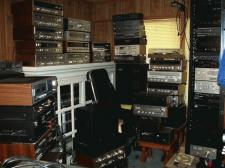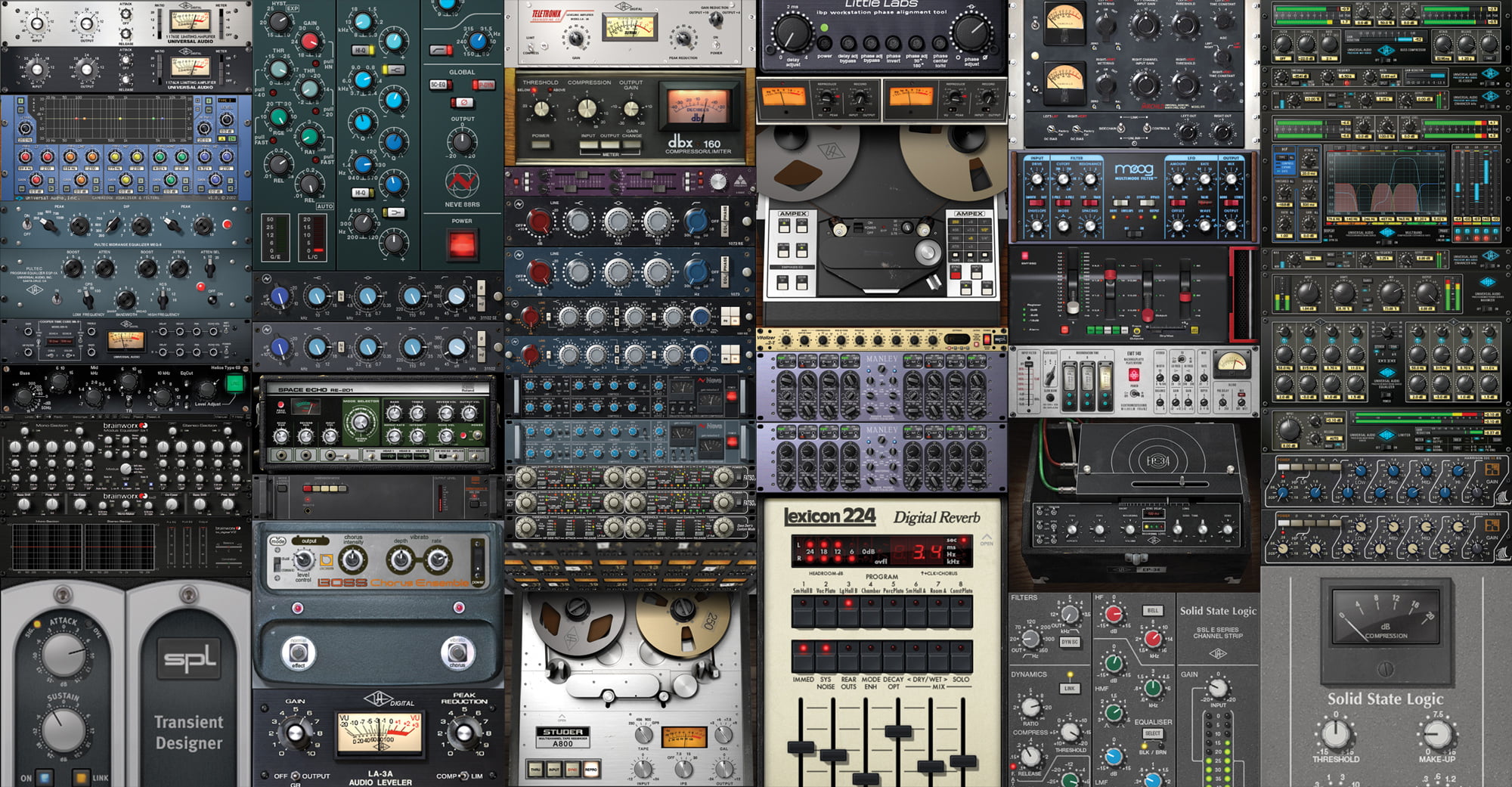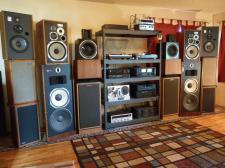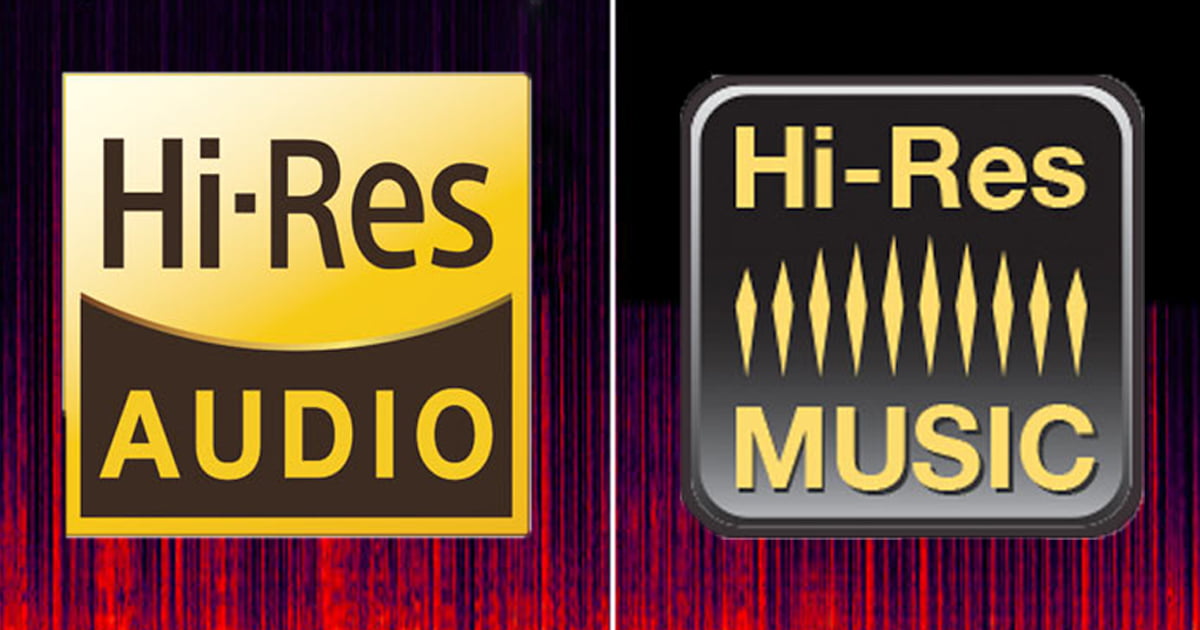It’s the time of year for saving money!
Two years ago, when I moved into my current residence I sold a bunch of gear that I thought I could never, in my wildest dreams, use in my new house. After two years I can see there are still some pieces of gear that, unless I move into a much larger home (no chance) I will never use again. So, I’m planning on selling them sometime during the next new year. How will I do it? Read on…
 Obviously, we audiophiles have a variety of options when it comes to selling our used gear. Let’s look at them and then I’ll explain why I chose the avenue for my own sales that I chose.
Obviously, we audiophiles have a variety of options when it comes to selling our used gear. Let’s look at them and then I’ll explain why I chose the avenue for my own sales that I chose.
Sale by owner
Sales by the owner has the potential for the most upside/profit since you don’t have to share as much of the proceeds (if any). It also has the most potential for downside via rip-offs, shipping damage, and time wasted. The most often-used sales site for audio gear is probably Audiogon. And while it is policed to some extent, periodically I’ve heard of situations where scammers did take advantage of sellers. My own experiences with Audiogon have been OK, but in almost every case the final sales price was negotiated down from my asking price in order to facilitate a sale. Also, if you don’t get an offer within a couple of hours you know you priced the gear too high…
EBAY has been the 1000-lb Gorilla when it comes to resale (Yes, I know that Amazon also offers folks an opportunity to sell gear, but I don’t recommend them for anything of value – I’ll explain later.) I have, in the past, successfully sold audio gear and musical instruments through EBAY. In some cases, it was a major hassle. In others, the sales were ridiculously easy. But, say what you want about EBAY, at least they give sellers a fair chance when a “dispute” occurs. If you can document that an item was delivered, even if the buyer denies it was received, you can get paid.
 I once “sold” a pair of Shure in-ears through Amazon. I sent them via certified mail and had a record of delivery. The buyer denied they had ever received them and Amazon sided with the buyer. That was the last thing I will ever sell via Amazon. They do not have your back if you are a seller. Instead you must document EVERYTHING (pix of items before, during and after being packed) and Amazon can still deny your claim seemingly without reason. The buyer rules at Amazon and the seller, when push comes to shove, loses.
I once “sold” a pair of Shure in-ears through Amazon. I sent them via certified mail and had a record of delivery. The buyer denied they had ever received them and Amazon sided with the buyer. That was the last thing I will ever sell via Amazon. They do not have your back if you are a seller. Instead you must document EVERYTHING (pix of items before, during and after being packed) and Amazon can still deny your claim seemingly without reason. The buyer rules at Amazon and the seller, when push comes to shove, loses.
After these big two, there are a bunch more sites for sellers – Craig’s List, one of the many audiophile sites that have “For Sale” sections, or even your local paper. But all these options share several major inconveniences, the first of which is you must interface with the potential buyers. In a perfect world, all these interactions would be pleasant affairs full of audio camaraderie. Unfortunately, sometimes that is not the case. The terms “time wasters”, “tire kickers” and “under-informed” are words that could pop into your brain when dealing with potential buyers. Hopefully, you’ll never have the thought “dangerous wacko” during your interactions…
There are several consignment operations that I’ve used over the years. The most recent one I’ve had experience with is “The Music Room,” who are located near Denver. The whole experience was easy. I emailed them a list of stuff for sale with what I expected it to sell for. We arranged a pick-up time. They picked up the stuff. About a month later the first piece sold. Subsequently, over the course of the next six months, I received updates with deposits to my Paypal account as the items sold. Did I receive as much as I would have from direct sales? No. Was it much less time consuming? Oh, yes. For the commission (which can vary depending on the component’s cost and age) I felt that I got my money’s worth in time saved and aggravation avoided. The primary downside of consignment sales is that you will not get the money fast. I wrote about The Music Room in a previous blog.
Sale to a reseller
The Music Room, like most resellers, can also buy gear from you outright for resale. The payment will be quick, but the price may be as much as 50% less than the item will realize when sold later on the open market. The seller is taking on ALL the risk, so they require a greater share of the profit. The upside is you will be paid fast.
Broken audio gear, regardless of how much it cost when new, is virtually worthless on the used market (except as parts). If you have a component that is old and no longer meets its original performance specs – hums, dead channel, etc., and you want to sell it, it will need to be repaired first (unless you want to dump it for scrap value). Sometimes the repair costs will be more than the price of a working example. If you have a friend who works on gear, they might like it as an addition to their parts collection. Other than that, there’s always the dump…but nowadays, most places you will need to wait for the electronics recycling event, get a special permit, or go to a designated recycling center to dispose of old electronics. And almost anywhere, nowadays, a CRT monitor will cost you money to dispose of it.
Some audiophiles never sell anything. But slowly, over the years, their storage spaces expand. Sometimes the spaces are such that the gear is still viable after their owner’s demise (and subsequent sale by heirs). But often due to the vagaries of time and weather, storage spaces are less than ideal and gear that was once serviceable becomes the stuff that lines a hoarder’s walls. Whichever route you take, your heart will be lighter and your shelves less cluttered. And unless you’re a hoarder, it will be a good thing.
So, which route will I take? Consignment. My time, at this point in my life, is more valuable than maximizing my profit, but as in all things your own personal mileage may vary…











